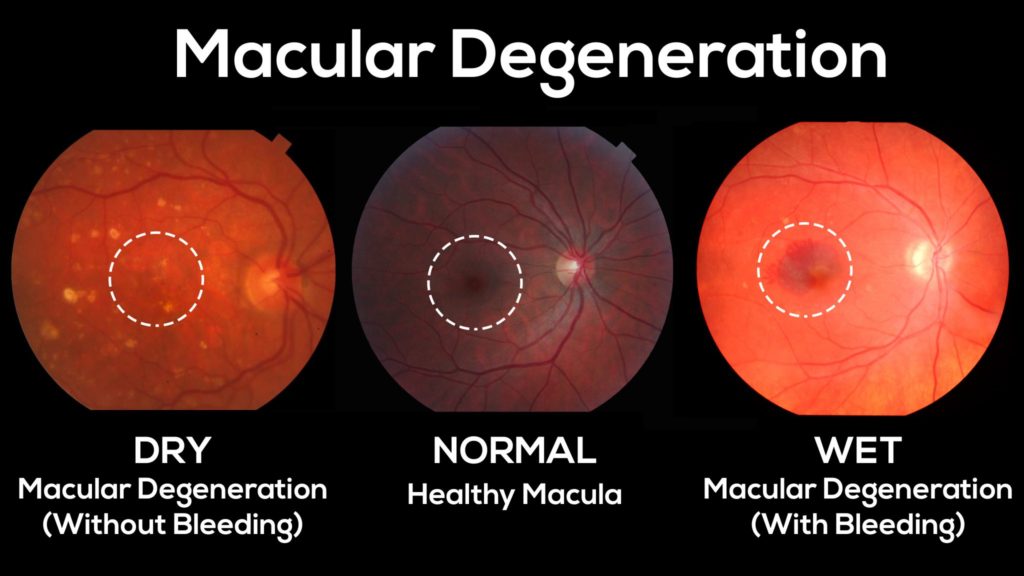Week of: Monday July 22, 2019
Courtesy of:
John H. Keefe III, D.C.
(918) 663-1111

IN THE NEWS: Breaking NEWS: How VOCs could be destroying your health, while you sleep by: Sara Middleton, staff writer | July 12, 2019 Have you ever heard of VOCs? No, they’re not some knock-off brand of colorful plastic shoes named after a crocodile. VOCs are “volatile organic compounds” that can cause a number of unwanted health effects. You may have never even heard of VOCs before – but your home is a major source of exposure to them, if you’re not careful. Today, we feature a breaking study published in Environmental Science and Technology – which reveals just how prevalent these harmful chemicals are in mattresses – and how a sound night’s sleep could be dangerously increasing your exposure. Reported effects include: Headaches, Nausea and vomiting, Dizziness, Persistent coughing, Wheezing or difficulty breathing, Confusion and memory loss, Dizziness, Skin, nose, and throat irritation, Respiratory tract infections, Eye infections and vision problems, Nosebleeds, Fatigue. More serious consequences that occur from long-term exposure to certain VOCs – such as radon, benzene, and formaldehyde – may include asthma, seizures, personality changes, hyperactivity, learning difficulties, neurological dysfunction, and even cancer.Here are a few things you can do: Get a high-quality, indoor air purification system. Install and maintain carbon monoxide and radon detectors in your home, and get your house tested for harmful chemicals with an HVAC expert in your area. Improve your ventilation, which can include natural strategies like growing indoor plants and using essential oil diffusers. Consider purchasing non-toxic and/or organic furniture – and at the very least commit to using non-toxic household cleaners. The bottom line: it’s important to recognize that we live in a toxic world. But, for every problem – there is a solution. Take action today to protect the health of yourself and your family. It’s worth the effort.

WELLNESS: Ancestral diet can prevent macular degeneration Physicians are taught that macular degeneration is an inevitable consequence primarily caused by aging and genetics, and has always existed at high prevalence. This, it turns out, is not true. Projections suggest 196 million people will have macular degeneration by 2020, and it’s expected to increase to 288 million by 2040. Before 1925, there were no more than about 50 cases of macular degeneration in all of the world’s literature. By 1940, it was becoming slightly more common. By 1975, 8.8% of Americans over the age of 52 had macular degeneration, which was approximately 4.5 million people. Research by Dr. Chris Knobbe, an ophthalmologist, reveals macular degeneration is a disease primarily induced by a westernized diet. Knobbe recommends an ancestral diet; you can eat anything you want, provided it’s real food, made from scratch without polyunsaturated vegetable oils or trans fats. Refined white flour or sugar should also be minimized.

CHIROPRACTIC: Time to Visit Your Chiropractor – Even When You're Not in Pain Why visit your doctor of chiropractic periodically – even when you're not experiencing pain or other symptoms? Here's why. The latest study on maintenance care for low back health suggests receiving chiropractic care periodically dramatically reduces the number of days you'll experience "bothersome" low back pain over the course of a year. Published in the multidisciplinary open-access journal PLOS One, the study included 328 patients ages 18-65 with nonspecific low back pain who experienced a favorable response to chiropractic care during their initial course of treatment. Patients were then randomly allocated to one of two groups for one year: a maintenance care group that received periodic chiropractic care or a control group that returned to their chiropractor only when LBP symptoms were present. Every week, researchers assessed subjects' low back pain with a single question: "On how many days during the past week were you bothered by your lower back (i.e., it affected your daily activities or routines)?" During the 12-month tracking period, members of the maintenance care (MC) group made an average of 6.7 visits to the chiropractor, compared with 4.8 visits by members of the control group. Those additional visits correlated with 12.8 fewer days of bothersome low back pain, on average, for the MC group compared to the control group. How important is 12.8 fewer days of bothersome LBP a year? We're sure you agree it's worth a few additional visits to your chiropractor! And that's the beauty of chiropractic care – it helps minimize the chances your pain will occur / recur, rather than treating it with medication once you're already in pain. If you're smart, you don't wait until your car breaks down to take it to the mechanic, and you don't wait until your teeth fall out to visit the dentist; so why wait until you're in pain before going to your chiropractor? As we mentioned at the beginning, this isn't the first study – and likely won't be the last – to suggest maintenance chiropractic care is more effective than symptom-guided care for low back pain.

FUNNY BONES: I just found out I'm colorblind. The diagnosis came completely out of the purple.@@ Smoking will kill you... Bacon will kill you... But, smoking bacon will cure it.@@ Subway is definitely the healthiest fast food available because they make you get out of the car.@@ Always identify who to blame in an emergency.@@ Good health is merely the slowest possible rate at which one can die.@@ I don't engage in mental combat with the unarmed.@@ Claustrophobic people are more productive thinking out of the box.@@ My mate broke his left arm and left leg, but he was alright.@@ A worldwide survey was conducted by the UN. The only question asked was: "Would you please give your honest opinion about solutions to the food shortage in the rest of the world?" The survey was a huge failure. In Africa they didn't know what "food" meant. In Eastern Europe they didn't know what "honest" meant. In Western Europe they didn't know what "shortage" meant. In China they didn't know what "opinion" meant. In the Middle East they didn't know what "solution" meant. In South America they didn't know what "please" meant. And in the USA they didn't know what "the rest of the world" meant.

